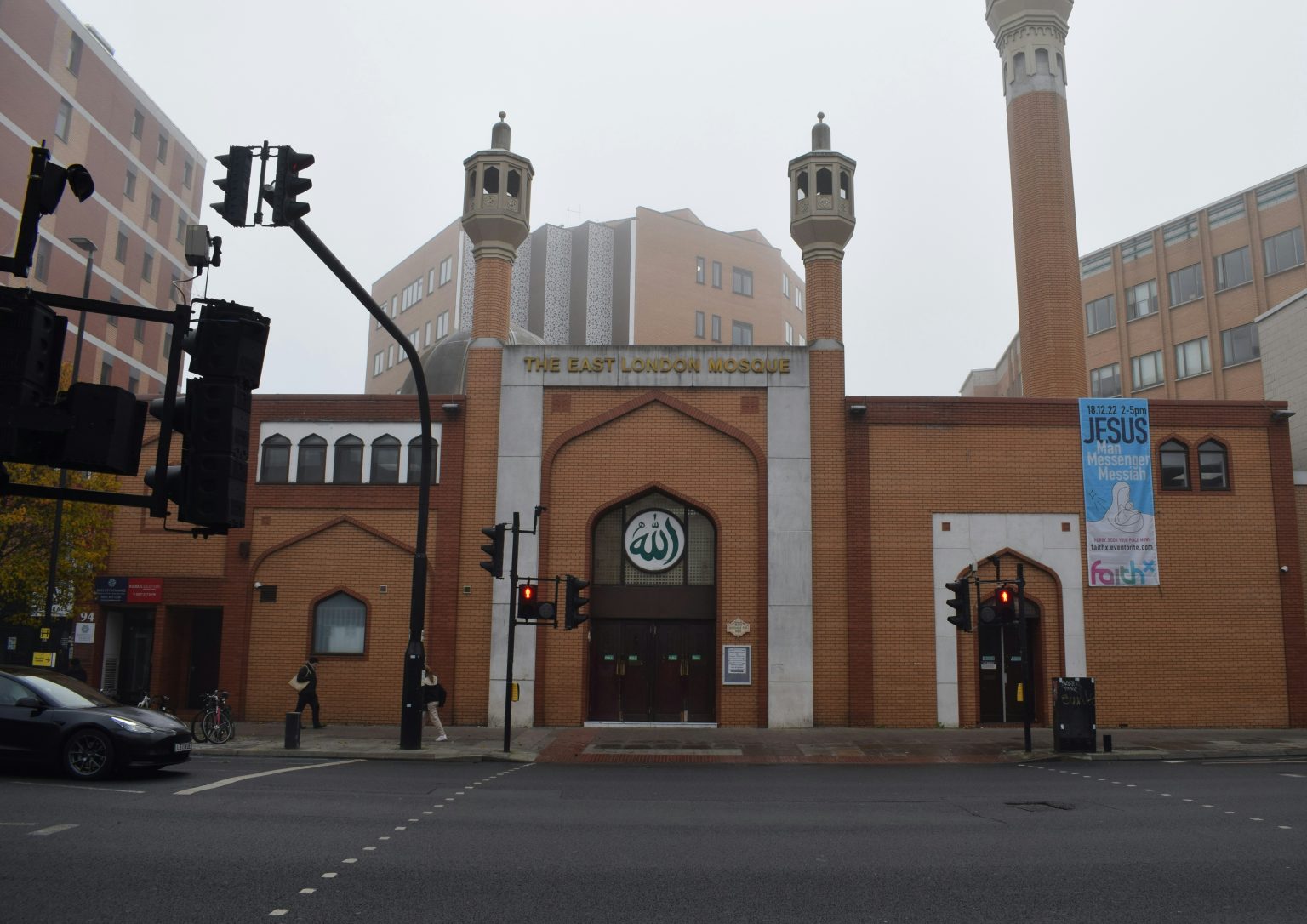The 9/11 attacks and the ensuing War on Terror led to a sharp rise in anti-Muslim sentiment and profiling across the Western world—an issue that continues to deepen in British society amid Israel’s ongoing war in Gaza against Hamas.
Islamophobia in the United Kingdom has always been a looming threat for its vibrant Muslim community of approximately 4 million Brits, who make up 6% of the country’s population. However, incidents of Islamophobia in the UK have worsened to record levels over the last 14 years, due to the Israel-Gaza War between Hamas and the Israeli Defence Forces (IDF), according to Tell Mama UK, a monitoring group that records anti-Muslim incidents in the UK. On February 7th, 16 months after Hamas’s October 7th attack, Israel’s bombardment of Gaza, deemed by Amnesty International to potentially amount to war crimes and described by the UN’s top court as raising a plausible case of genocide, continues. This raises concerns over the war’s impact on UK media, politics, and rising Islamophobia. It has been roughly half a year since the summer riots of 2024, which were sparked by false claims about a Muslim asylum seeker following the tragic deaths of three children. These national far-right riots targeted Muslims and areas thought to be associated with them.
Time has passed, but the implications of what modern British society is gearing towards grow stronger. A YouGov poll found that around one in three respondents expressed agreement with parts of the motivation behind the riots, reflecting growing polarisation. Attitudes towards minority groups like asylum seekers have also been combined with notions of Islamic doctrine being intrinsically linked to ‘radical Jihadism’ and violence. This has become a common narrative amongst white nationalist hate groups like the BNP and National Front, as well as the populist right-wing political party Reform UK. These efforts to legitimise Islamophobia serve to demonise and dehumanise British Muslims and even scapegoat Muslims over national issues like grooming and trafficking. Reform UK are currently polling second in YouGov opinion polls, and critics have argued that aspects of their rhetoric contribute to heightened tensions by disproportionately focusing on people of Pakistani descent in discussions about grooming gangs. This focus is especially troubling given that, according to ONS data, most perpetrators of child sexual exploitation are White British.
The 2024 riots and rise in far-right rhetoric reveal that Islamophobia in the UK is no longer just a lingering prejudice — it is becoming a crisis of British democratic values. When a third of the public expresses sympathy with far-right unrest, and political parties that weaponise anti-Muslim sentiment surge in popularity, the message to British Muslims is unmistakable: they are being made to feel like outsiders in their own country.
Photo by Usman Malik on Unsplash
Edited by Callum Lee


